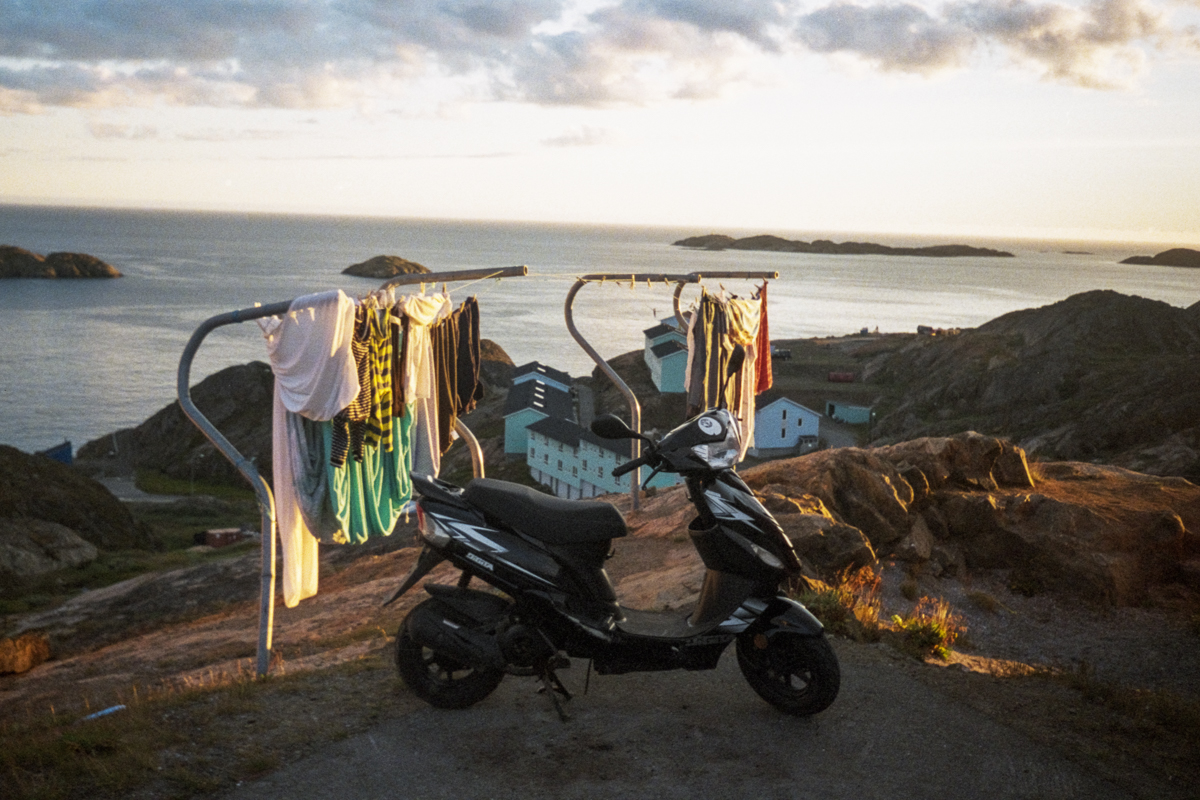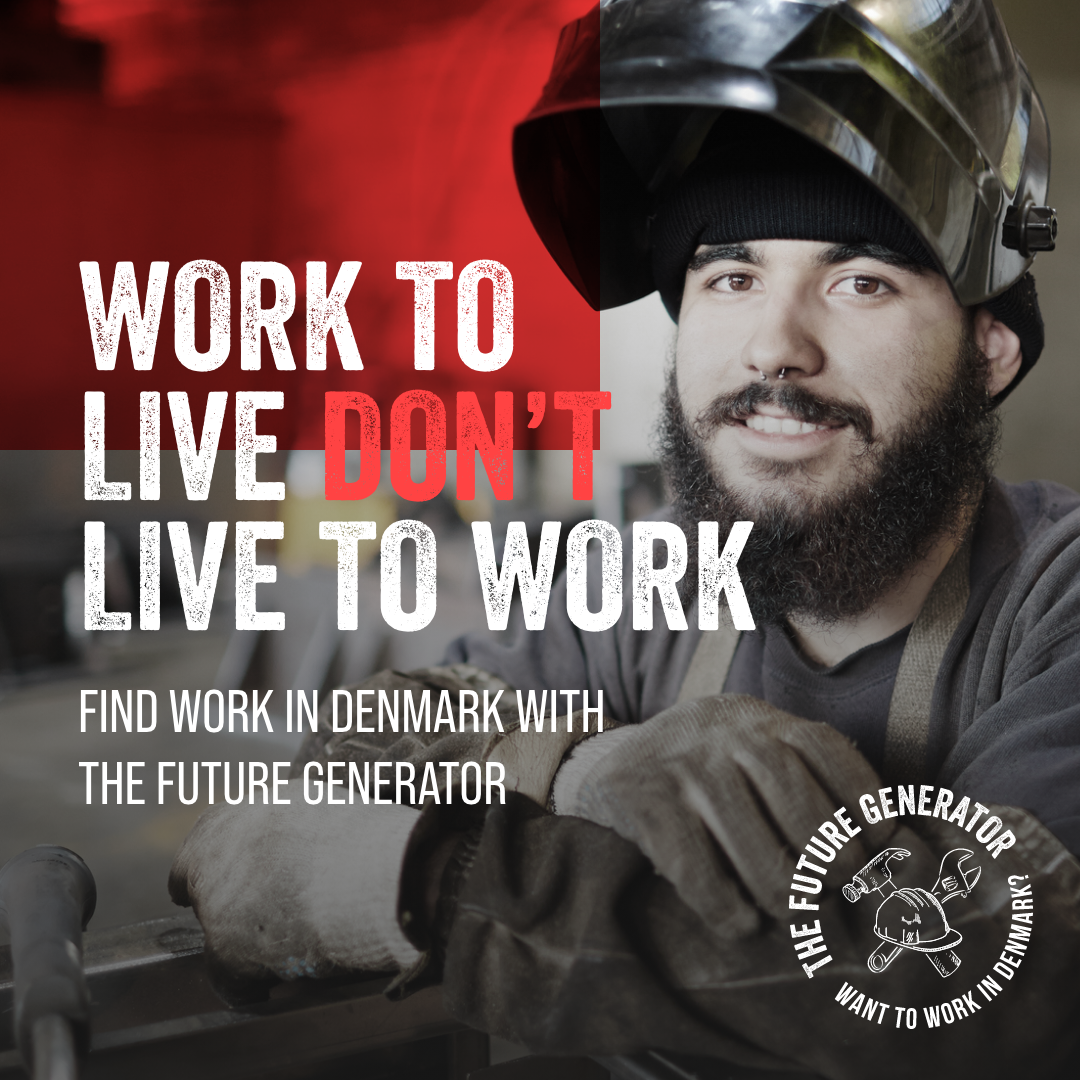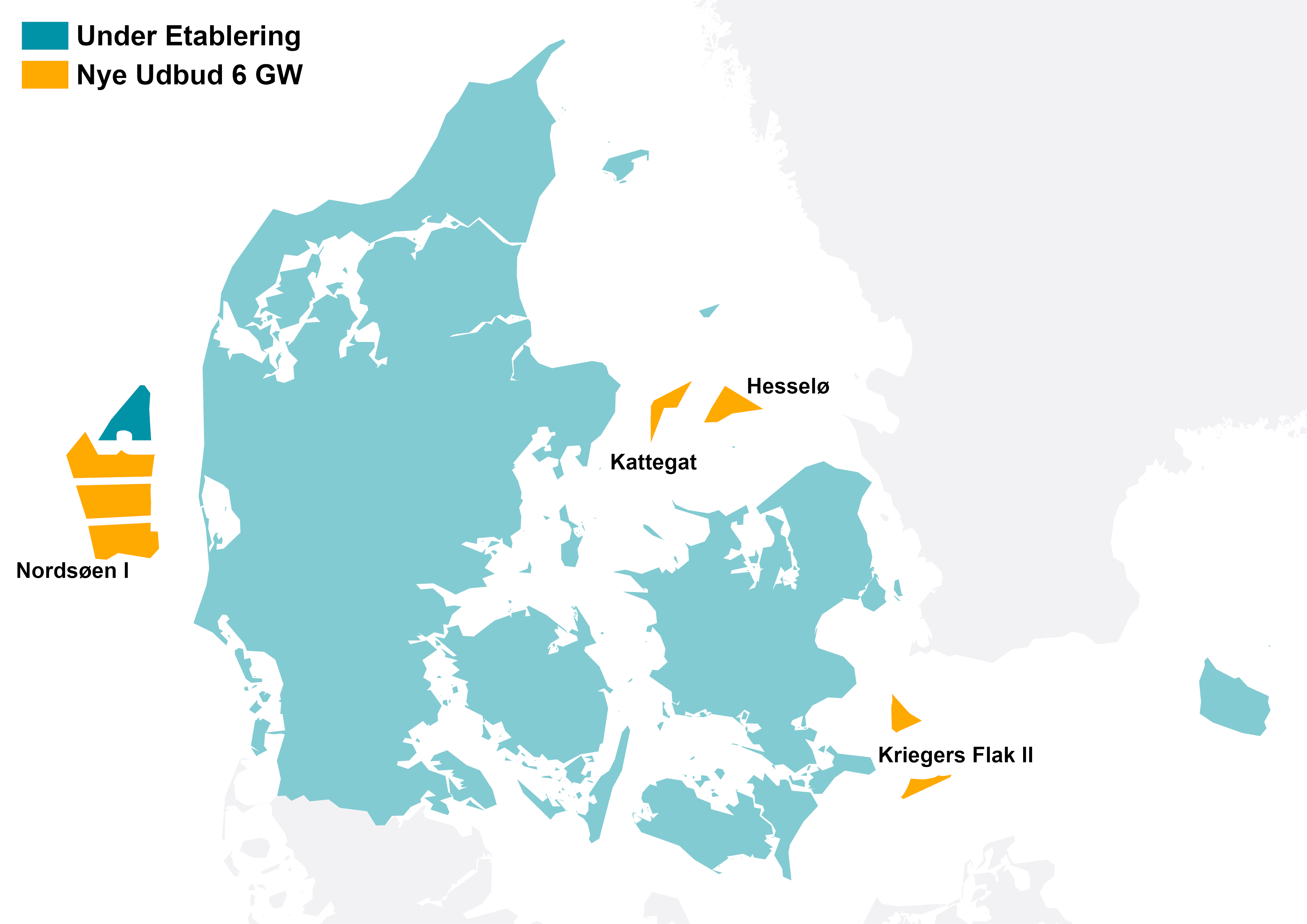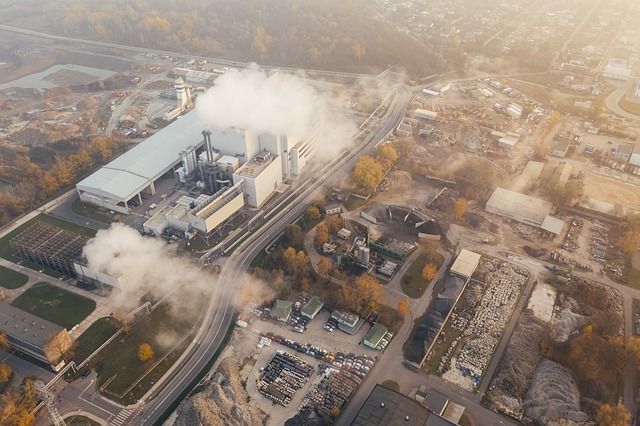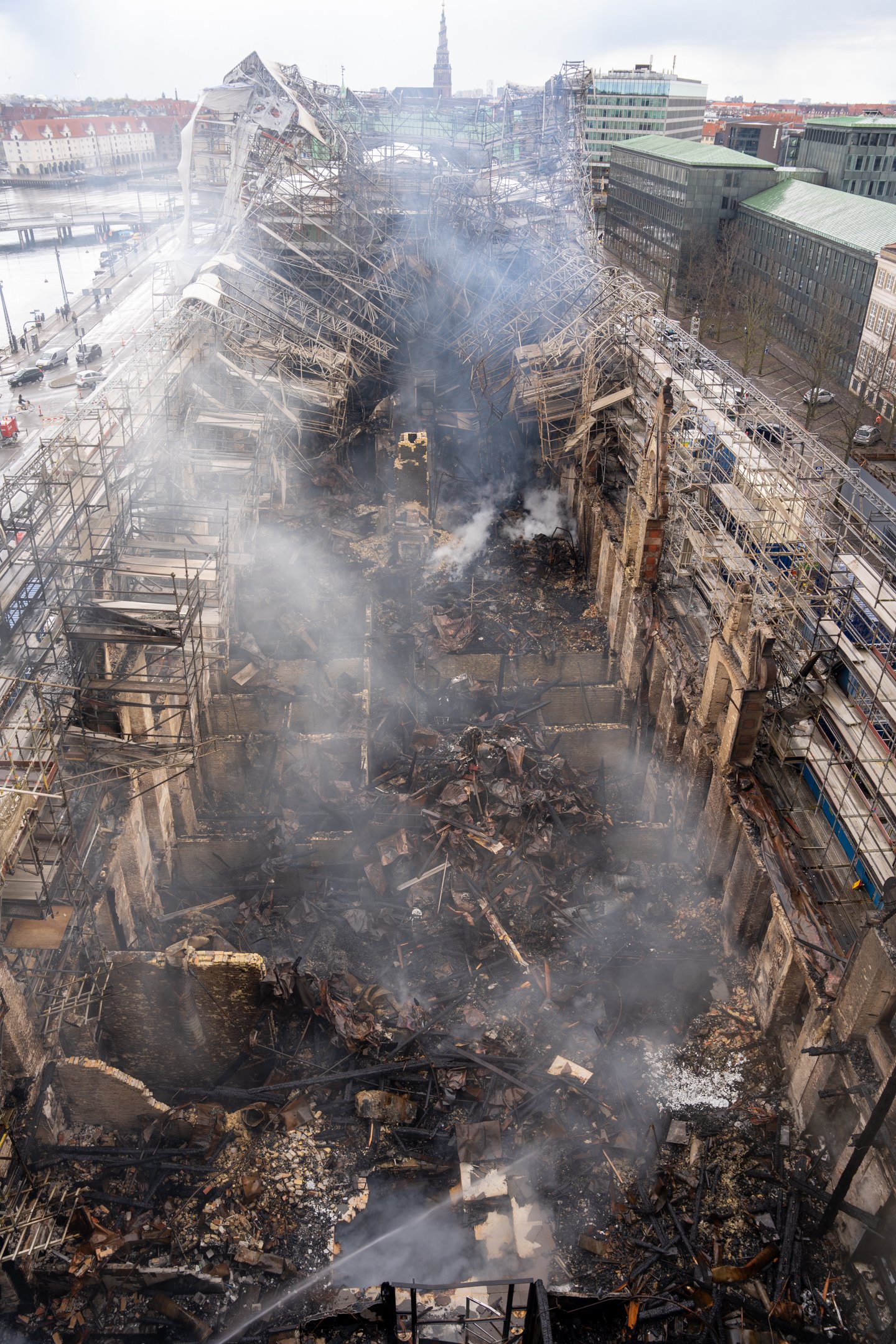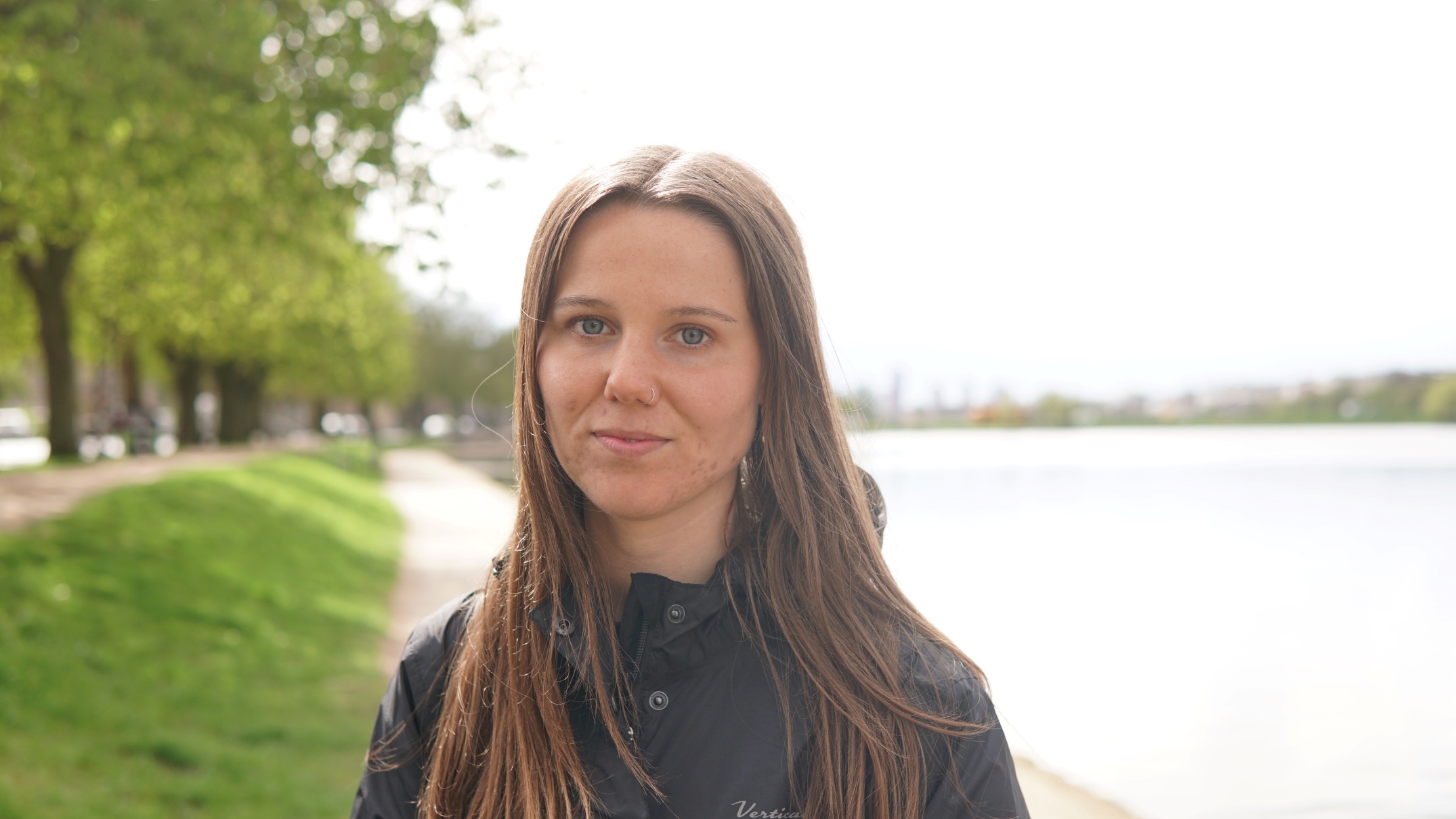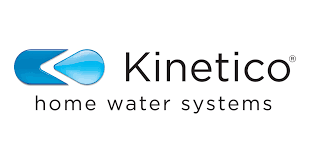 “Denmark needs to be a bridge over troubled water.”
“Denmark needs to be a bridge over troubled water.”
Nicolai Wammen, the Danish minister for European affairs, turned to Simon and Garfunkel to describe what Denmark’s role will be while holding the EU presidency. With the Eurozone crisis threat looming, it will be Denmark’s job for the next six months to make sure the union sticks together.
There are other issues facing Europe however, and ahead of taking over the presidency, Wammen outlined four general priorities Denmark hoped to focus on to maintain “a responsible, dynamic, green and safe Europe”. But while the Danish permanent representation in Brussels has said they will expand on these main goals in January, it might not be in Denmark’s best interests to announce ambitious goals.
“If they explicitly state their goals and it fails, it doesn’t look so great,” Marlene Wind, an EU expert from Copenhagen University, said this December. “The point is to put things on the agenda that cannot fail. So you communicate those sure areas and the more politically sensitive subjects won’t be sold as parameters for success.”
An accurate representation of Denmark’s role will be one of an ‘honest broker’, a go-between and a mediator who will ensure that critical negotiations run as smoothly as possible. For that reason it’s not in Denmark’s best interests to always have a strong opinion.
“As president you have to be careful what you say on big issues and delicate matters,” Wind said. “You don’t want to seem to be interfering, only reacting when decisions are made.”
But while Denmark might not be immediately forthcoming with their priorities, there will be areas that they will have to handle as a matter of course, and others Denmark will wish to pursue for its own interests.
Here are four predictions about what the Danish presidency will focus on.
 1. Tackling the Eurozone crisis – a working presidency
1. Tackling the Eurozone crisis – a working presidency
A recent analysis by the Economist magazine rated the chances of the euro breaking up at 40 percent. If this were to happen, Europe would undoubtedly suffer a terrible economic depression – a scenario that must be avoided at all costs.
Speaking to The Copenhagen Post, Nicolai Wammen said that the overall goal for the presidency will be to help lead Europe out of this crisis.
“Europe needs to react to both the immediate and long-term consequences of the debt level in Europe’s economies, or we are jeopardising Europe’s economic possibilities in the future,” Wammen said.
“We are strongly dependent on the economic situation in the Eurozone. Denmark therefore has a strong interest in the Eurozone countries taking the necessary steps to ensure greater financial stability. A central task for the presidency will therefore be to act as a bridge between the countries that are inside and outside the Eurozone.”
As EU president, however, Denmark won’t be calling the shots or making proposals on how to fix the crisis. But don’t underestimate the importance of good administration. The primary role of the presidency is to chair and organise meetings of the Council of the European Union – the EU body consisting of ministers from each of the 27 EU member states – as well as deciding upon the order of the agenda and trying to work out compromises. Being an efficient administrator can only increase Europe’s chances of finding a solution.
Sources from within the Danish permanent representation in Brussels confirmed to The Copenhagen Post that the main criteria of success for the presidency will be to ensure that the administration is conducted efficiently. While Denmark won’t be chairing the meetings of the Eurozone members – called the ‘Euro Group’ – it will chair the meetings of all 27 finance ministers. Called the Economic and Financial Affairs Council (ECOFIN Council), it is here that Denmark will be “acting as Wammen’s ‘bridge over troubled water”.
“There’s a fear that Denmark and other non-euro countries will be left behind and the whole construction of the EU will change. We are standing in a historic situation where we already have a Europe divided in two,” Wind explained. “An important role for Denmark is to make sure Europe does not fall apart.”
ECOFIN Council meetings will be especially important during the process of solving the European debt crisis, as this is where all European countries will negotiate the decisions made by the Euro Group about how to solve the debt crisis. The latest proposal – the Fiscal Compact Treaty, proposed this December and due to come into effect in March – is designed for Eurozone countries but can be implemented by any of the EU’s 27 countries. The more countries that sign up to the fiscal union, the greater the sense of European cohesion and the lower the chance that Europe will formally split into euro and non-euro zones.
“If there’s a Eurozone that has its own legal regimes it will break up the entire internal market and that’s in nobody’s best interests,” Wind said.
Wind acknowledged, however, that Denmark’s role in building a bridge between euro and non-euro countries is not yet clear, though there is a general understanding in Brussels that the negotiations require a strong mediator. In this case, Danish prime minister and former MEP, Helle Thorning-Schmidt, may find herself in an important position.
“Helle Thorning-Schmidt will be very busy trying to convince the Eurozone that they should involve the ten non-euro countries. They will in turn be pressing her to keep them informed and to try and convince the Eurozone countries to let them be observers at their meetings,” Wind said.
 2. Creating a green economy
2. Creating a green economy
While Denmark will have to handle the Eurozone crisis as a matter of course, the priority that the government would most like to push for is the development of a green European economy.
The current government has ambitious plans for turning Denmark into a European leader in sustainable energy, as outlined in their recent energy plan, ‘Vores Energi’ (‘Our Energy’). The hope is that investing in green technology will stimulate economic growth and create jobs, not only in Denmark but also in the rest of Europe.
“The Danish presidency will prioritise that we not only contain the repercussions of the economic and debt crisis, but also lay out the foundation for future growth in Europe,” Nicolai Wammen said. “And this growth needs to be green and sustainable. The presidency therefore wishes to put an emphasis on the further greening of European economies and promoting green growth.”
Denmark obviously has an interest in pushing the green agenda. It’s a European leader in wind power, a factor which led to electric car company Better Place choosing Denmark as a testing ground for their nationwide battery swapping infrastructure. Our Energy imagines a Denmark producing all of its energy sustainably through wind turbines and carbon-neutral biomass.
“The government wants to invest in new technologies and underscore the importance of climate and environmental problems,” Wind explained. “Creating jobs through green growth is high on the agenda.”
The importance of sustainability to the Danish government was illustrated in December when foreign minister Villy Søvndal argued that the current concept of growth, as measured by gross domestic product (GDP), was inadequate for not factoring in the environmental and social costs of the economy such as deforestation or the burning of fossil fuels. So while a green industry in Europe could create jobs, knowledge and technology that could be exported across the globe, Europe could also be at the forefront of a global sustainable movement.
“Europe needs to work hard and agree on new initiatives if we are to maintain our comparative advantage over other regions of the world,” Wammen said. “Other countries already see the long-term potential in transitioning to a greener and more sustainable economy and creating growth without increasing the consumption of resources and energy. This means that we risk knowledge-intensive jobs and high-tech research capabilities moving out of Europe. It is therefore essential that Europe upscales its investments in green technologies, renewable energy and energy efficiency, if we are not to be left behind.”
But while the green economy is a noble priority, the question is whether it’s realistic to expect any serious headway during the six-month term or if that time will be mostly spent staving off the breakup of both the euro and the EU.
 3. Multiannual Financial Framework
3. Multiannual Financial Framework
The multiannual financial framework (MFF) is a seven-year spending plan for the EU and it’s one of the most important pieces of work that needs to be done. While it is not technically a budget, the MFF sets out the maximum amounts of money that can be dedicated to the EU’s various institutions and commitments.
The MFF runs in seven-year cycles, with the next due to start in 2014. Work starts well ahead of time, however, and it was hoped that Denmark would be able to complete it within its six-month term.
“But it’s become evidently clear that this won’t happen: the hope now is for the second half of 2012,” Jeppe Tranholm-Mikkelsen, the permanent representative of Denmark to the European Union, said in June.
The problem is that the relatively inexperienced Cyprus is set to take over the presidency in July and, while The Copenhagen Post’s sources in Brussels say Cyprus has already reached out to Denmark for assistance, the fear is that Cyprus is not up to the task. Having already proved itself capable in its handling of the EU expansion during its last presidency in 2002, there is no such fear regarding Denmark, which hopes to get as much work done on the MFF as possible before handing over to Cyprus.
 4. Justice and home affairs
4. Justice and home affairs
Justice and home affairs (JHA) is the area of EU co-operation that deals with cross border security and law enforcement. Denmark has said they wish to make progress on the Stockholm Programme – the protection of fundamental rights, privacy and the rights of minorities – as well as strengthening the Schengen co-operation.
Most importantly, however, is the need to create a well-functioning common European asylum system to more fairly distribute the asylum burden. This is currently an important issue given the ongoing conflicts in north Africa due to the Arab Spring. Since the spring of 2011 record numbers of asylum seekers have been streaming into southern Europe, placing enormous strain on the countries most affected by the debt crisis.
But while Denmark will be chairing these meetings, JHA is one of its four opt-outs from the Maastricht Treaty. Denmark can only participate in particular policies on an intergovernmental basis. Despite promises from the former government to have a referendum on abolishing the JHA opt-out and the joint defence opt-out, it has never materialised, placing Denmark in a tricky position.
“Denmark is not bound by joint EU rules in these areas, which on the one hand provides Denmark in some cases with the possibility to carry out a more independent policy,” a 2007 report by the Danish Institute for Institutional Studies on the implication of the JHA opt-out writes. “On the other hand, this opt-out means a loss of influence, since Denmark does not have the right to vote and has a significantly reduced opportunity to influence the development of EU policy in these areas.”
Basically, the JHA opt-out means Denmark has the flexibility to pick and choose which policies it wishes to implement, though it does not have any influence over how these policies are formulated.
“Justice and home affairs are going to be a big thing,” Wind said. “There will be over 200 legal initiatives on a European level over the next six months – many of these issues Denmark cannot be part of because of the opt-out. Many of these issues are high priority for Denmark – fighting child pornography, human-trafficking, money laundering – and other things Denmark will not participate in.”
All is not lost, however, and with a referendum promised for the autumn by the centrist government party, the Radikale, the presidency may be a perfect opportunity to help shape some of JHA’s most important policies of recent years just before they are adopted.
(All photos: Scanpix, except Nicolai Wammen: Hasse Ferrold)

